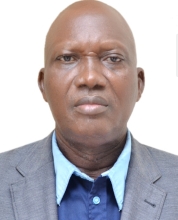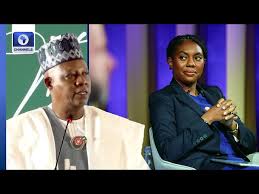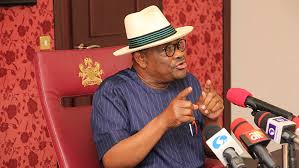House Of Reps Fails To Vote On Tinubu’s Emergency Rule In Rivers State, Low Turnout At Plenary
However, with less than 80 lawmakers in attendance — far below the required 120 members needed to form a quorum in the 360-member chamber — no decision could be taken on the President’s controversial declaration in Rivers State.
The House of Representatives on Wednesday failed to vote on President Bola Tinubu’s declaration of a state of emergency in Rivers State following a low turnout of the lawmakers at the House’s plenary.
The Nigerian Constitution, under Section 305, mandates that a presidential declaration of emergency must be ratified by a two-thirds majority in both the House of Representatives and the Senate within two days of issuance.
However, with less than 80 lawmakers in attendance — far below the required 120 members needed to form a quorum in the 360-member chamber — no decision could be taken on the President’s controversial declaration in Rivers State.
The House convened on Wednesday morning with the emergency proclamation listed under messages from the president.
However, due to the low turnout, lawmakers were unable to take any binding action, as House rules require a one-third quorum for decisions that can withstand legal scrutiny.
The lack of quorum meant the chamber could only engage in non-binding activities such as debating motions and hearing petitions.
Reports indicate that many lawmakers intentionally stayed away from the plenary session to avoid being recorded as supporting what some constitutional experts have described as an unconstitutional act.
President Tinubu’s declaration, announced on Tuesday evening during his nationwide broadcast, included the suspension of Rivers State Governor Simi Fubara, his Deputy, Ngozi Odu and State House of Assembly members.
President Tinubu also replaced Governor Fubara with retired Chief of Naval Staff Ibok-Ete Ekwe Ibas, as sole administrator.
However, legal scholars and opposition figures have argued that while the Nigerian Constitution allows the president to declare a state of emergency in all or parts of the country, it does not grant the president the authority to remove an elected governor.
The president’s decision has drawn comparisons to a similar emergency declaration in 2013, when then-President Goodluck Jonathan took over security operations in Boko Haram-ravaged Borno and Yobe states but allowed the elected governors and democratic institutions to remain in place.
Tinubu, who was in the opposition at the time, had strongly condemned Jonathan’s action.
However, now in power, Tinubu who also attacked former President Olusegun Obasanjo over similar action in 2006, is defending his right to take an even more expansive approach to emergency rule.
With the House failing to reach a quorum, the status of the emergency proclamation remains uncertain.
Constitutional experts warn that any attempt to push it through without proper legislative approval could be challenged in court, setting the stage for a significant legal battle.



